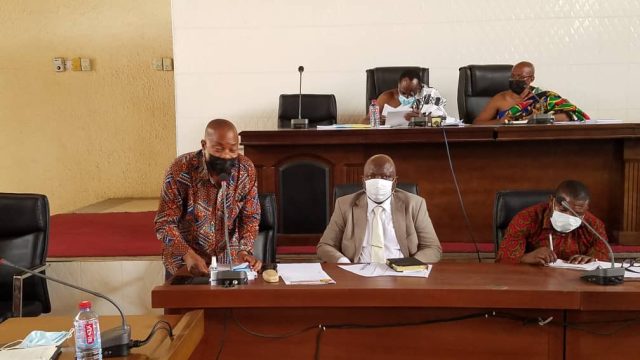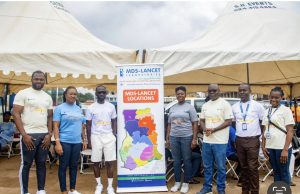In his final State of the Nation Address (SONA) on Friday, January 3, President Nana Akufo-Addo acknowledged the persistent threat posed by chieftaincy disputes to Ghana’s stability, despite progress made under his administration in resolving some of the nation’s most long-standing conflicts.
Akufo-Addo’s government achieved a significant milestone in resolving the Dagbon chieftaincy conflict, a long-standing issue that had caused divisions for decades. He credited the success of the peace process to the collaborative efforts with the Committee of Eminent Chiefs, including key traditional leaders such as Otumfuo Asantehene, the Nayiri, and the Yagbonwura. The President referred to this as “one of the high-water marks” of his presidency, marking a moment of unity and reconciliation for the Dagbon people.
However, while celebrating the peace achieved in Dagbon, the President was candid about the continuing challenges. He highlighted the unresolved Bawku chieftaincy conflict, describing it as a “great distress” to him personally and a major obstacle to long-term stability in the region. Despite the government’s efforts to mediate, the situation in Bawku remains tense and unresolved, dampening hopes for the resolution of similar issues in other parts of the country.
“The sad situation in Bawku must necessarily dampen any enthusiasm about the resolution of chieftaincy problems elsewhere,” said Akufo-Addo, acknowledging the complex and deep-rooted nature of such disputes.
The President warned that Bawku is not an isolated case, pointing to other regions where chieftaincy disputes are escalating. He underscored that these ongoing conflicts remain a growing source of insecurity for the nation. “I will have to mark chieftaincy as a growing source of insecurity that will continue to require a lot of attention,” he cautioned.
To address these challenges, Akufo-Addo called for stronger institutional support to effectively manage and resolve disputes. He stressed the importance of empowering the Ministry of Chieftaincy and Religious Affairs and the National Peace Council, which are crucial in handling chieftaincy and other forms of conflict across the country.
“It is clear that part of that process is the need to strengthen the capacities of the Ministry of Chieftaincy and Religious Affairs and the Peace Council, the two frontline institutions responsible for dealing with chieftaincy and other disputes,” he concluded, emphasizing that continued collaboration and institutional strengthening will be key in tackling this ongoing threat to Ghana’s peace and stability.
As Akufo-Addo prepares to leave office, his recognition of chieftaincy conflicts as a critical issue reflects both the complexity of governance in Ghana and the work that lies ahead for the incoming administration. While progress has been made in resolving some conflicts, the path toward lasting peace and stability in the country remains a significant challenge.
Send your news stories to newsghana101@gmail.com
Follow News Ghana on Google News











